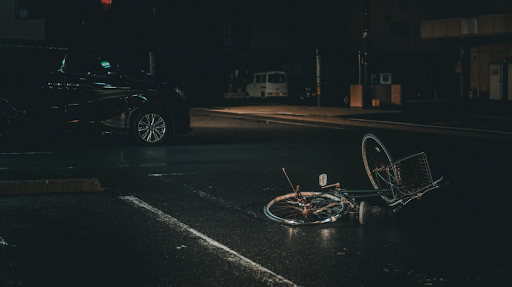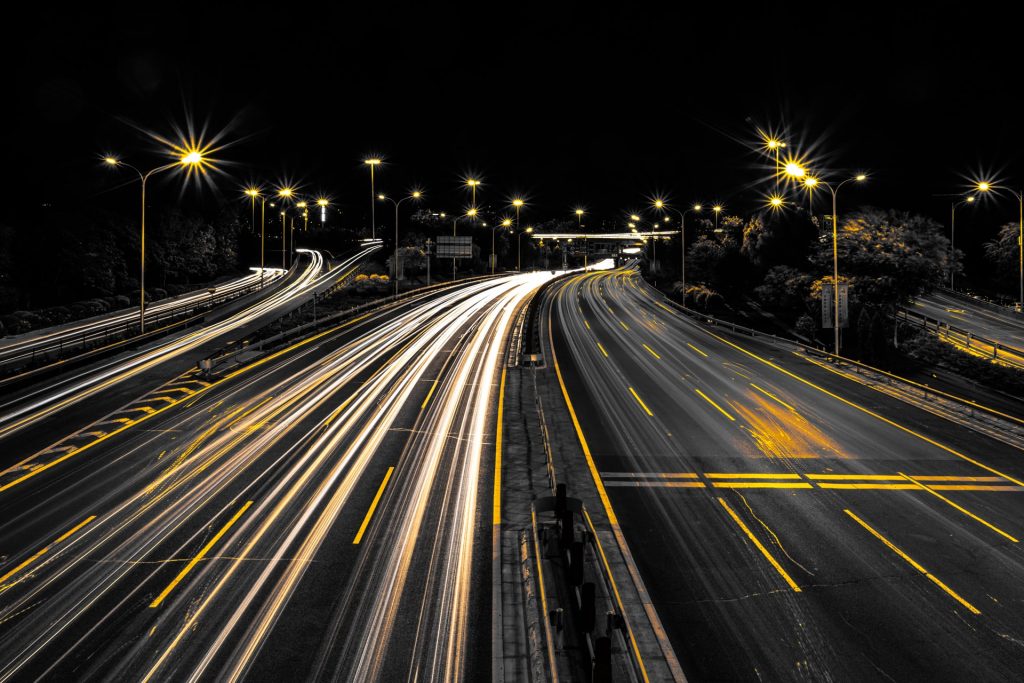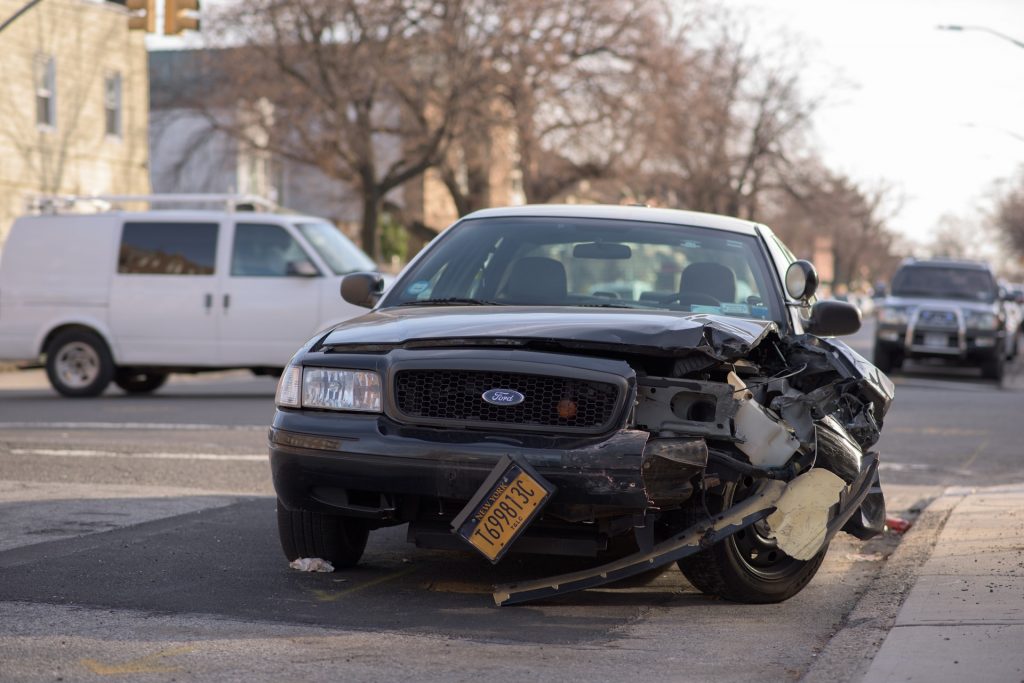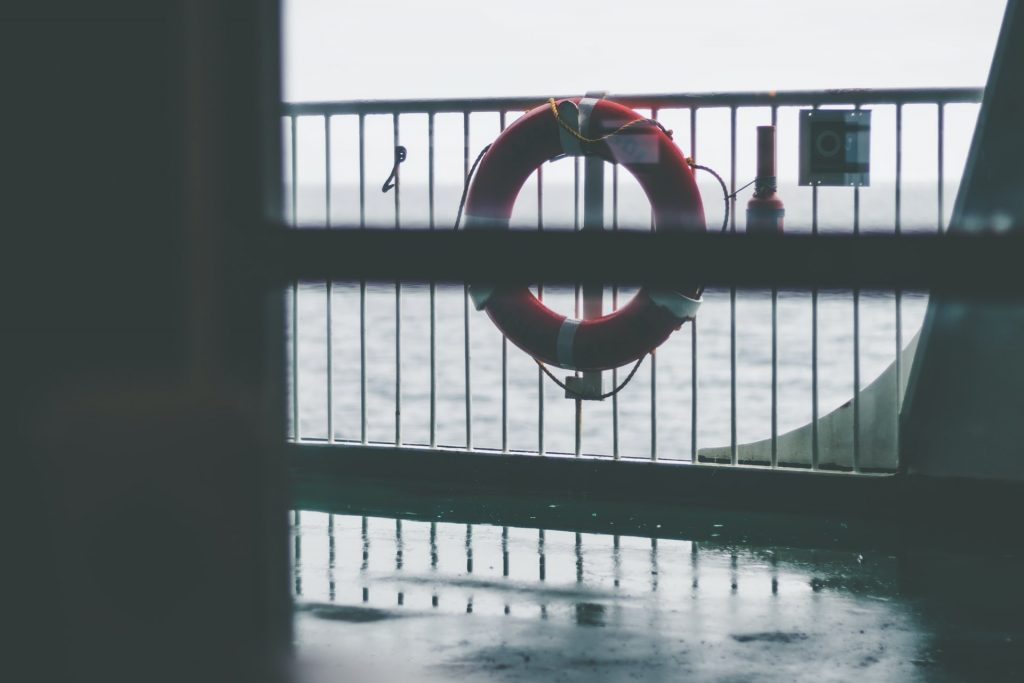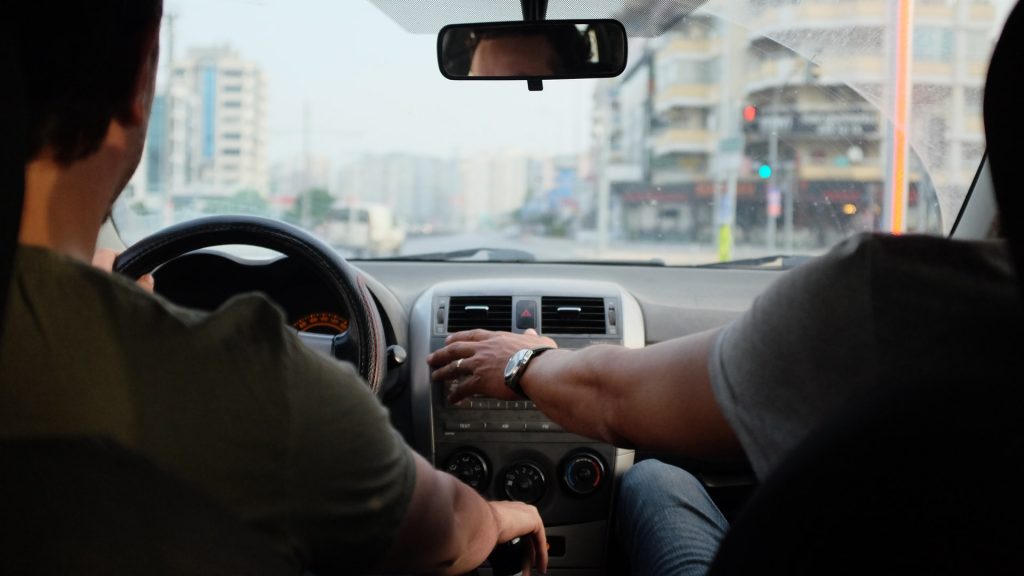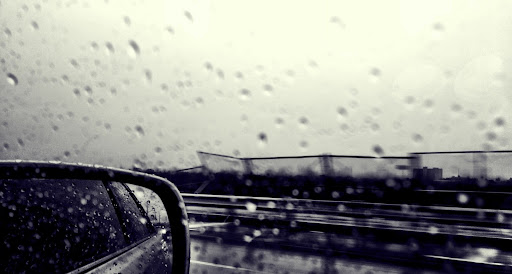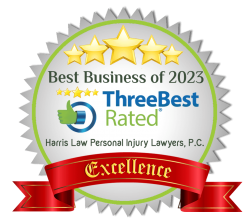What to do after a car accident
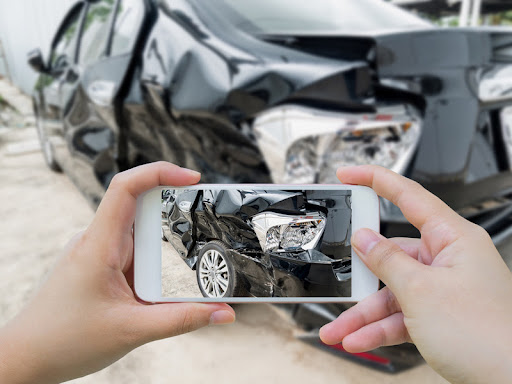
Car accidents can be emotionally jarring – with a lot going through your mind in the immediate aftermath of one. Taking two minutes now to read through this can greatly mitigate any problems down the road when filing a claim – and how you can protect yourself.
What to do right away after an accident:
- Take a deep breath and stay calm.
- Check for injuries; call an ambulance when in doubt.
- If the accident is minor, move cars to a safe place, out of traffic.
- Turn on your vehicle’s hazard lights and use cones, warning triangles or flares for safety – if they are available.
- Call the police, even if the accident is minor.
- If you’re hurt, see a doctor or you won’t be able to make a claim for it.
After you have successfully moved yourself to safety, with emergency vehicles and police arriving soon – the following information will help you moving forward.
Never apologize
It can feel like second nature for Canadians to apologize regardless if they were not at fault for anything from bumping into someone to having to repeat your coffee order. However, an apology or an admission of being at fault could be used against you later when determining who is responsible for a car accident.
It’s important to be polite, but never tell anyone the accident was your fault – even if you think it was. Be sure to state only the facts, and “limit your discussion of the accident to the police and your insurance agent.”
Get information – and more information
You can’t go back in time and look to get information after the fact, and it can be tough to remember to do this, but make sure you gather as much information as possible to assist your claim moving forward.
- Take lots of pictures of the scene.
- Exchange information with the other drivers involved.
- Make immediate notes about the accident, including specific damages to all vehicles involved, witness information, weather and driving conditions.
- Obtain the contact information of any witnesses who are at the scene and can provide a statement.
You need to get from the other person:
- Names (If the name on an auto registration is different than the driver, jot down the relationship.),
- Addresses,
- Phone numbers,
- Licence information,
- Insurance company name,
- Policy number.
Notes for your insurer
Rule #1: Report the accident to your insurer the day of, to ensure everything is fresh. In Ontario, you must contact your insurer within seven days – so don’t put this off. Tell your insurer everything that happened – blow-by-blow and in as plain and unembellished a manner as possible.
DO NOT:
- Move anyone who is injured – wait for medical help to arrive.
- Leave the scene of the accident. And don’t leave the accident scene before the police and other drivers do.
- Sign any documents unless it’s for the police or your insurance agent.
- Get your vehicle repaired without clearing it with your insurance company.
- Lie, or withhold information from the police or your insurer.
If you were not at fault, you may be able to get a settlement from the other party’s insurance company. And even if you were at fault, you may be able to receive accident benefits from your own insurance company. Our lawyers at Harris Law have the experience to get you the compensation you deserve – we’ll even conduct our own investigation to determine who is at fault.



